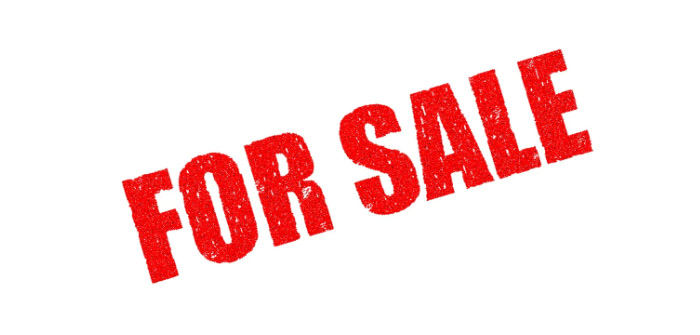When thinking about buying a business, it is important firstly to know thyself. To ask oneself the question: Am I suited to become an entrepreneur? Do I have the qualities and temperament to be an entrepreneur? Do I enjoy working alone? Can I live without the guarantee of a weekly or monthly paycheck?
If the answer to these simple questions is an affirmative one, then you must ask yourself: What business should I be in? What skills do I have that will influence the type of business that I choose to buy?
It is important to note that buying a business has pros and cons relative to starting one’s own. Buying a business is basically a turnkey situation. Starting one’s own saves the expense of purchasing one, but has many challenges — least of all is start up expenses and having to create a business without a roadmap.
In purchasing a business, one must decide will it be a franchise situation or not. This will most often require not only an upfront investment, but an ongoing fee to the franchise company. It also may have restrictions as to how the business can be run. In a non-franchise situation, one has the freedom to operate as they choose.
There are many points to consider. For example, what are the long term possibilities for growth? What is my competition? Do I want to manage employees? Will it be a brick-and-mortar business or online? Or a combination of both?
It is important to ask for at least three years of income statements signed by the preparer and the owner. Also, ask for three years of tax returns, which gives you the ability to note any discrepancies. This is the very least to ask for.
You may also want to ask: Will the owner provide training and for how long? Will there be a noncompete agreement signed by the owner and for how long? Is there inventory to purchase? What part of the asking price is “blue sky?” Blue sky is basically goodwill and a list of accounts, suppliers, etc.
This all goes hand-in-hand with learning how to sell a business. It is important to decide whether to sell a business on one’s own or with the help of a commercial broker. Selling on one’s own saves a broker’s commission, but requires advertising, word-of-mouth contact and dealing with the many inquiries that will eventually come.
I have sold three businesses of my own. In two cases I sold on my own and one time I used a broker. It is a challenge to operate your business and attempt to sell it at the same time. An experienced broker may charge anywhere from 6%-10% of the selling price, as a general rule.
How does one value a business? And if there is inventory, do you sell it separately? In the past, I have chosen to sell them separately in order to keep the selling price of the business reasonable to the prospective buyer.
There are many ways to value a business. I will mention two formulas. One is to price your business as equal to your gross sales. Another is to multiply your net income before taxes by 3.5-4 times.
It is helpful to ask one’s accountant or attorney for their input. One should also ask others in a similar business for their input. I found it important to sell my businesses to someone who I believed would be successful and carry on what I had created. The amount of hours to be given to the new owners and the length of time in a noncompete agreement are negotiable items. Be prepared for the buyer to want to negotiate the asking price.
There is a cardinal rule that a business is sold for what the buyer is willing to pay and the seller is willing to accept. Be prepared to have your income statements, tax returns, invoices, bank accounts and credit card statements available. Do not provide any information without the potential buyer signing a noncompete, nondisclosure, confidentiality agreement with a significant penalty for not abiding by the agreement. This could be $50,000, more or less.
Lastly, you must decide whether to accept only a cash deal and/or carry the paper. This means providing a loan to the buyer with collateral that can be attached if the buyer forfeits on the loan you are carrying. If the buyer offers cash or payments, it is important to consult with your tax accountant as to what is in your best interest. Some sellers demand a cash deal because they do not want to entertain the possibility of a default. I cannot state emphatically enough how important this issue is.
I would most appreciate comments and feedback on this article from readers. Please contact me if you have any questions.
garyeinhorn.com • garyae@gmail.com • 541-292-6177





